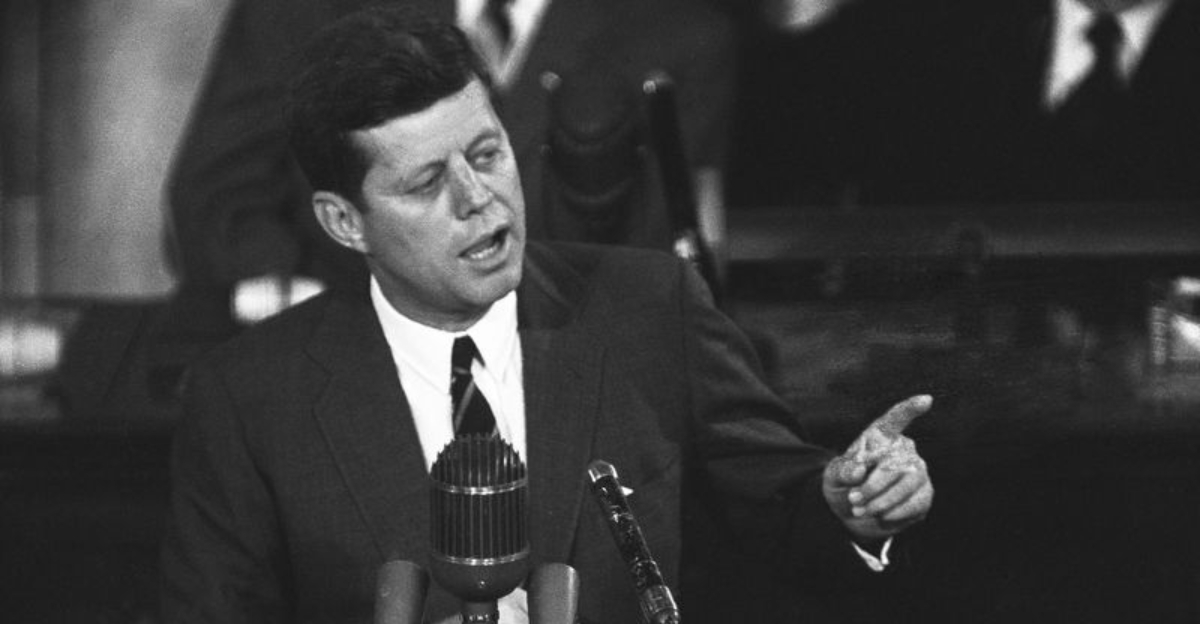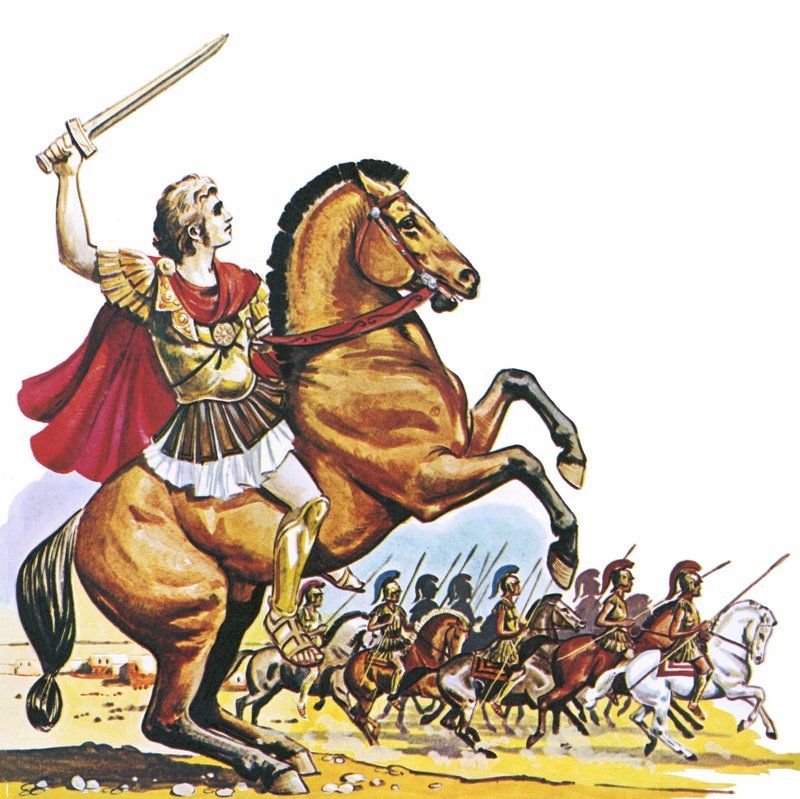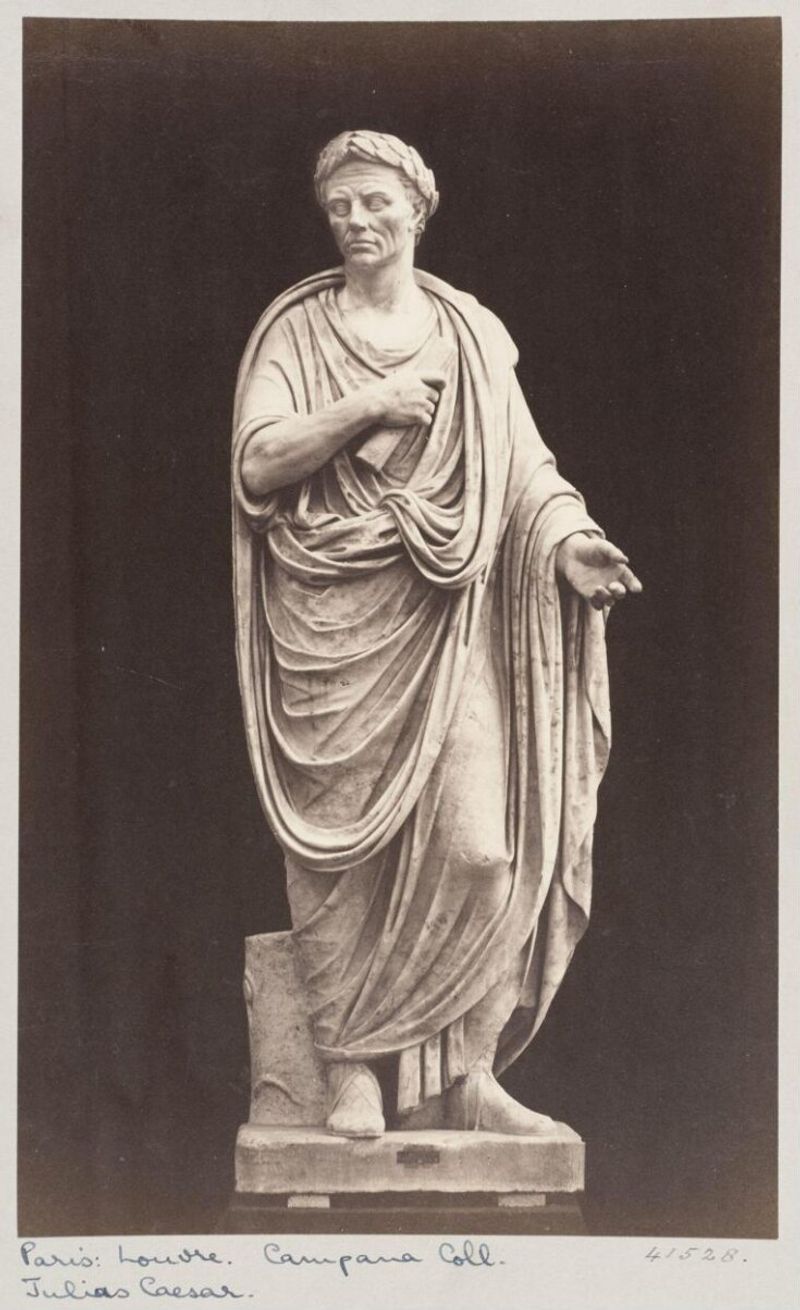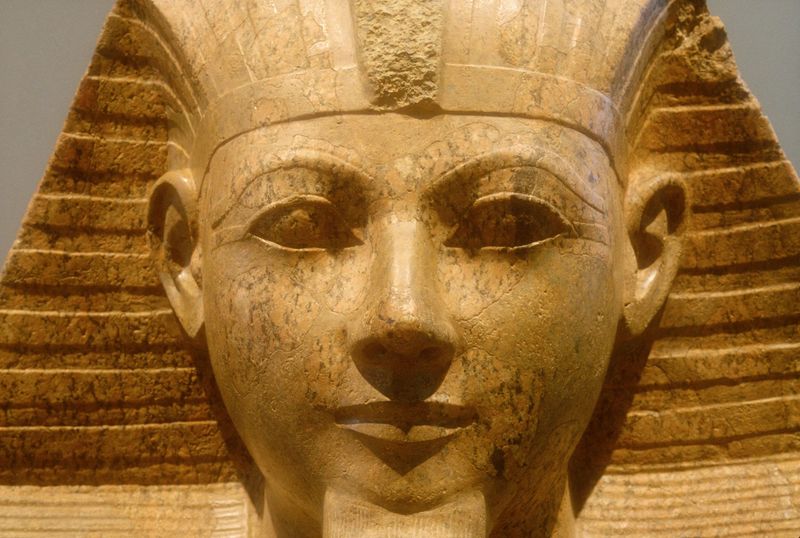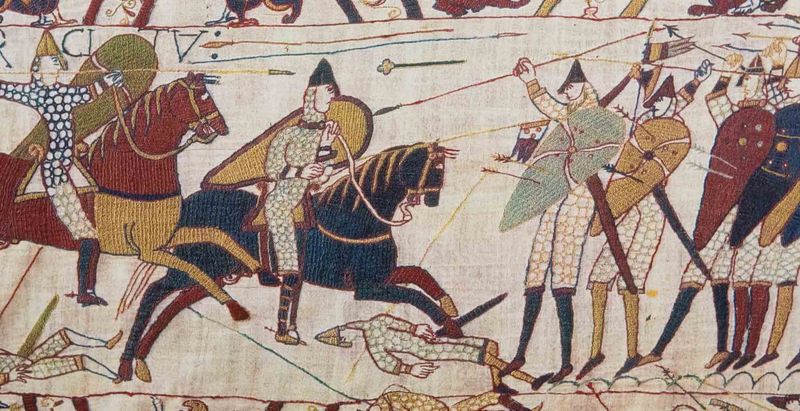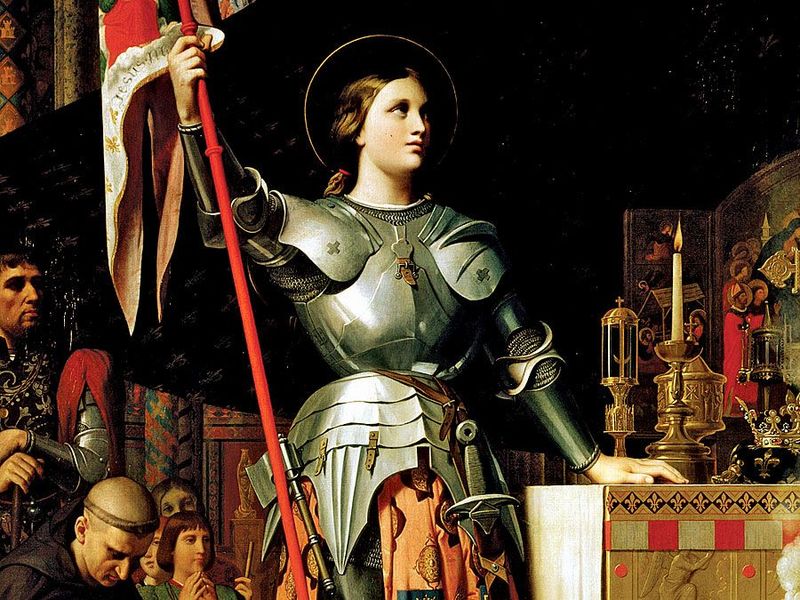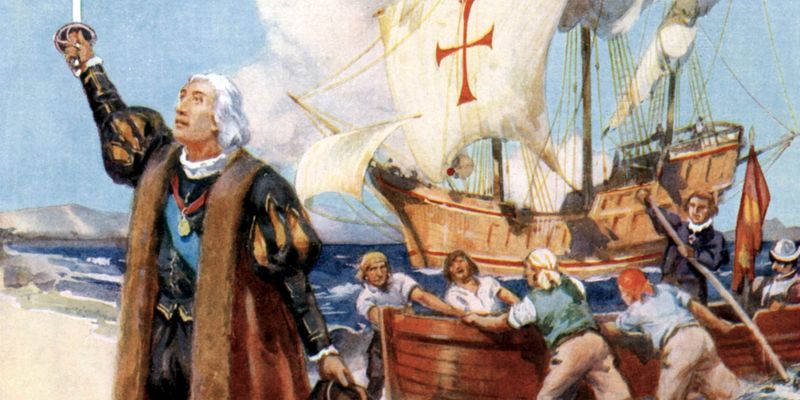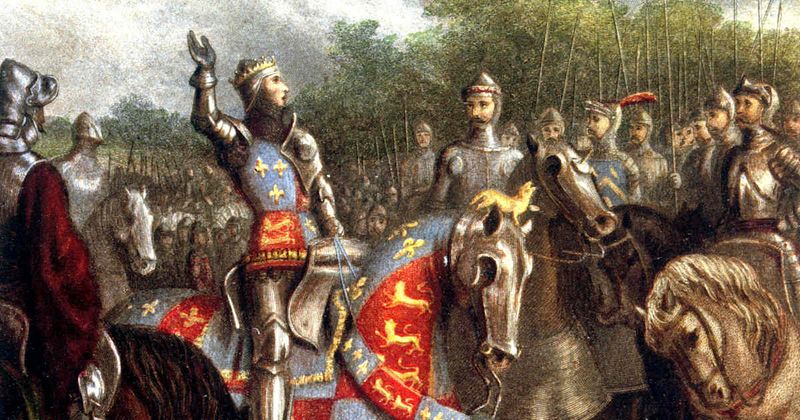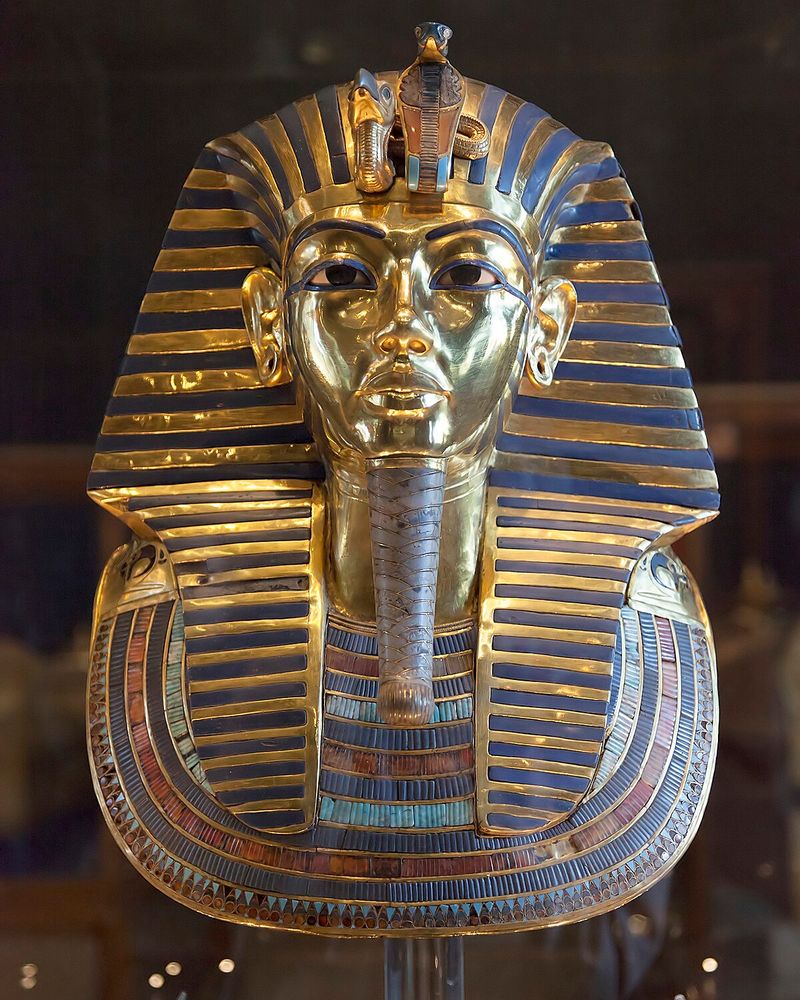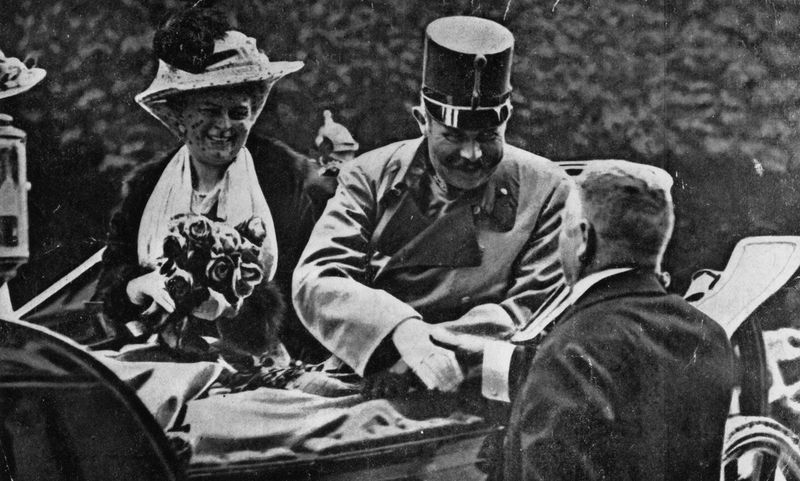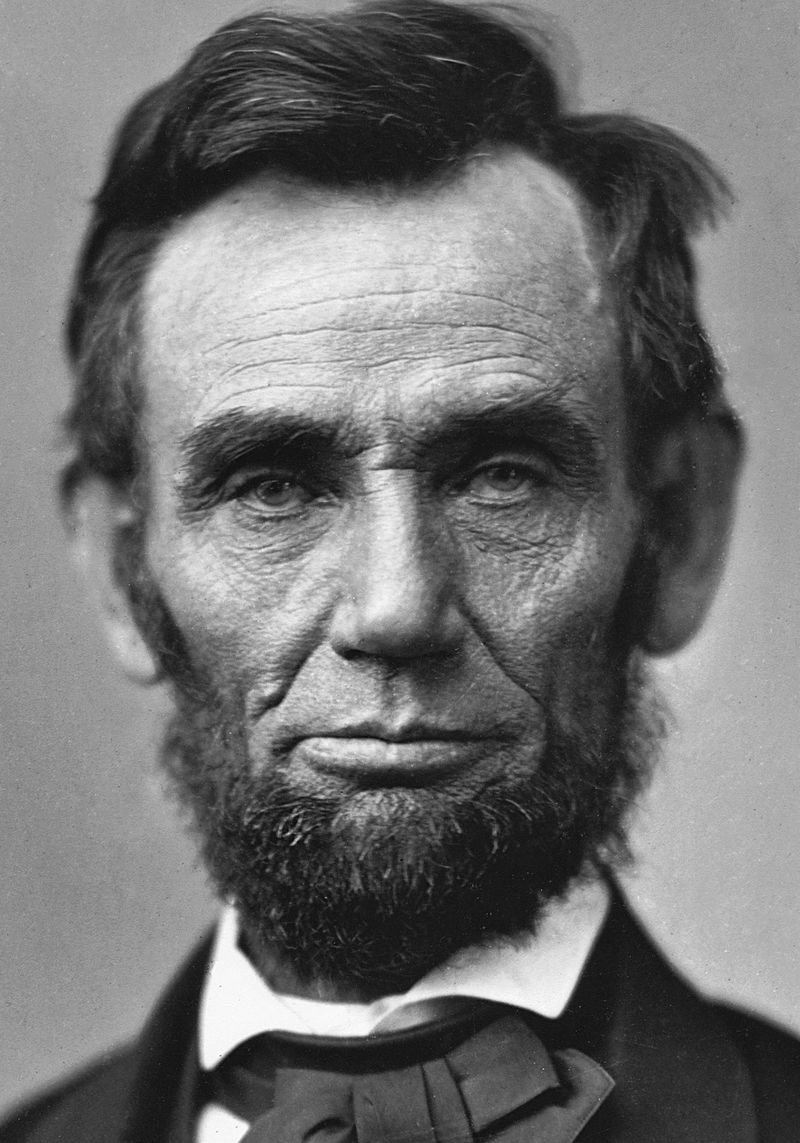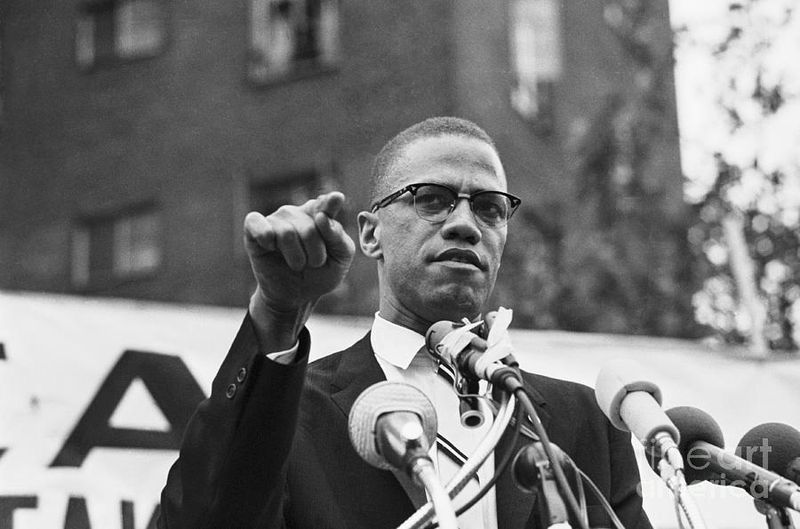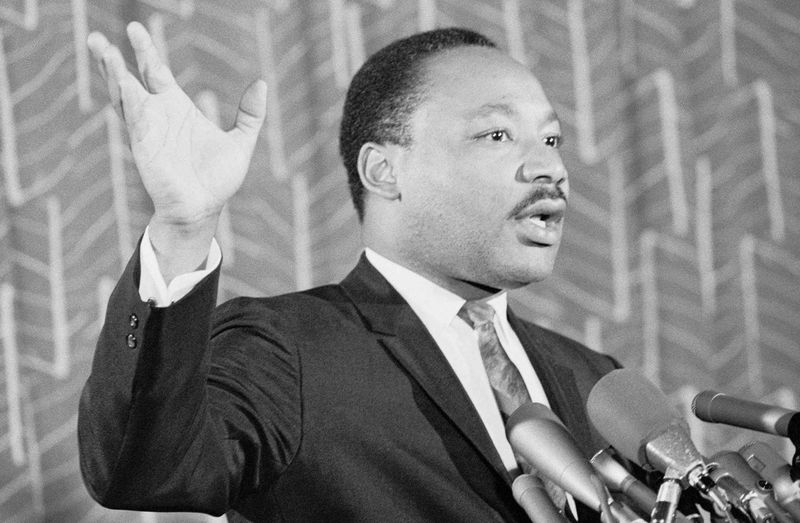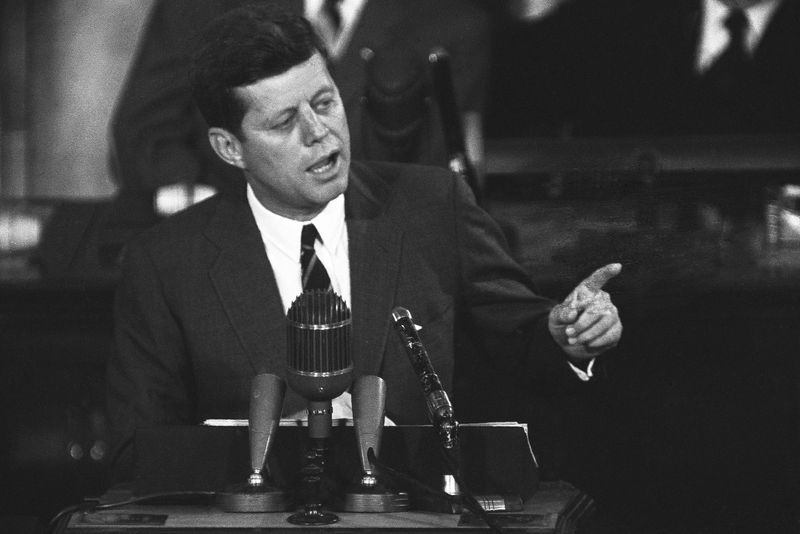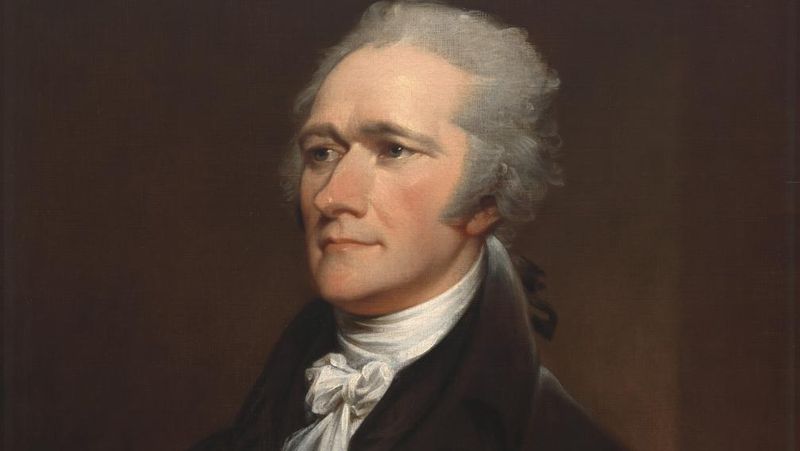Throughout history, numerous influential figures left an indelible mark despite their premature deaths. These personalities, through their unique visions and actions, had the potential to alter the course of history in profound ways. This blog explores 15 such historical figures who were on the cusp of monumental change, only to be thwarted by untimely deaths. Their legacies, however, continue to inspire and intrigue, leaving us to ponder what might have been. Here are 15 individuals whose lives, had they not been cut short, could have dramatically reshaped our world.
1. Alexander the Great (356–323 BCE)
Born with an insatiable desire for conquest, Alexander the Great reshaped the ancient world. At just 32, his untimely death, possibly from illness or poisoning, left his empire in turmoil. Alexander’s vision extended beyond conquests; he aspired to unite cultures under a single banner.
Had he lived, the expansion of his empire into Europe or Arabia might have transformed the Hellenistic civilization, blending diverse cultures and ideas. His dream of a unified world, though never realized, ignited a cultural renaissance.
Alexander’s premature death remains a historical what-if, tantalizing historians and enthusiasts alike.
2. Julius Caesar (100–44 BCE)
Julius Caesar, a name synonymous with power and ambition, met a tragic end at 55, assassinated by those fearing his growing influence. His life was a testament to leadership and innovation, reshaping Rome’s political landscape.
What if Caesar had survived? His vision for Rome might have led to a more stable empire, potentially avoiding the civil wars that plagued his successors. His reforms could have fostered prosperity and unity, laying the groundwork for a new era.
Caesar’s death remains a pivotal moment, a stark reminder of ambition’s perilous path.
3. Cleopatra VII (69–30 BCE)
Cleopatra VII, a symbol of beauty and intellect, captivated Roman leaders yet met a tragic end at 39. Her reign was marked by attempts to preserve Egypt’s independence amidst Rome’s shadow.
Had Cleopatra outmaneuvered Augustus, Egypt might have maintained its sovereignty, altering Mediterranean power dynamics. Her charisma and political acumen were unmatched, offering a unique blend of diplomacy and allure.
Despite her early demise, Cleopatra’s influence endured, leaving a legacy of intrigue and mystery, a testament to a queen who nearly changed everything.
4. Jesus of Nazareth (c. 4 BCE–30/33 CE)
Jesus of Nazareth, a figure whose teachings sparked a global movement, was crucified in his early 30s. His life, though brief, left a profound impact on millions worldwide.
Imagine if Jesus had lived longer; the early Christian movement might have been more unified, with teachings directly from Him shaping doctrine. His message of love and compassion could have reached further, potentially altering religious landscapes.
Jesus’ untimely death became a cornerstone of faith, a poignant reminder of sacrifice and enduring influence.
5. King Harold II of England (1022–1066)
King Harold II, the last Anglo-Saxon king of England, fell at the Battle of Hastings at 44. His reign, though brief, was pivotal.
Had Harold survived, the Norman Conquest might have been thwarted, preserving the Anglo-Saxon heritage and influencing English language and culture. His leadership during turbulent times showcased resilience and strategic prowess.
Harold’s death marked the dawn of a new era, a turning point that forever altered England’s trajectory. His story remains a compelling chapter in medieval history.
6. Joan of Arc (1412–1431)
Joan of Arc, a beacon of hope and faith, was burned at the stake at 19, yet her legacy endures. Her courage and conviction led France to crucial victories during the Hundred Years’ War.
What if Joan had not faced such an untimely end? She might have inspired further triumphs, altering the course of French history. Her unique blend of spirituality and military acumen captured the hearts of many.
Joan’s martyrdom transformed her into a symbol of resilience, a testament to the power of belief and leadership.
7. Christopher Columbus (1451–1506)
Christopher Columbus, a navigator whose voyages opened new worlds, died at 54 after a series of unsuccessful journeys. His expeditions across the Atlantic reshaped global history, marking the dawn of the Age of Exploration.
Had Columbus lived longer and healthier, perhaps his later missions would have found greater success, further expanding European influence in the Americas. His tenacity and vision drove exploration into uncharted territories.
Columbus’ life, marked by triumph and failure, remains a narrative of daring ambition and its enduring legacy.
8. Henry V of England (1386–1422)
Henry V, a king renowned for his military prowess, succumbed to dysentery at 35. His victory at Agincourt was legendary, solidifying English strength during the Hundred Years’ War.
What if Henry had lived? His continued leadership could have secured English dominance in France, altering the geopolitical landscape of Europe. His charismatic leadership and strategic genius were undeniable.
Henry’s death left a void, yet his legacy of courage and determination left an indelible mark, celebrated in history and literature alike.
9. Tutankhamun (1341–1323 BCE)
Tutankhamun, the boy king of ancient Egypt, died around 18, his reign cut short by illness or injury. His tenure saw the restoration of traditional Egyptian religious practices.
Had Tutankhamun ruled longer, he might have stabilized these reforms, impacting Egypt’s spiritual and cultural continuity. His tomb, discovered millennia later, dazzled the world with its treasures.
Though his life was brief, Tutankhamun’s legacy endures, captivating imaginations and igniting interest in Egyptology with his enigmatic story.
10. Archduke Franz Ferdinand (1863–1914)
Archduke Franz Ferdinand’s assassination at 51 triggered the cascade of events that led to World War I. His vision for reform in Austria-Hungary sought to address ethnic tensions within the empire.
Had he survived, Franz Ferdinand’s policies might have averted the war or reshaped the Austro-Hungarian state, altering European history. His life was marked by a commitment to peace and reform.
His untimely death remains a pivotal event, a stark turning point that changed the world forever.
11. Abraham Lincoln (1809–1865)
Abraham Lincoln, a beacon of liberty and unity, was assassinated at 56 as he began to mend a fractured nation. His leadership during the Civil War preserved the Union and ended slavery.
Imagine if Lincoln had lived to oversee Reconstruction; his vision for reconciliation might have fostered a smoother transition in the South, avoiding decades of strife. His commitment to equality and justice was unwavering.
Lincoln’s death left an unfulfilled potential, a legacy of hope and a testament to enduring leadership.
12. Malcolm X (1925–1965)
Malcolm X, a fiery advocate for racial justice, was assassinated at 39, his voice silenced during a pivotal shift in his ideology. His journey from militant separatism to a broader vision of racial unity was profound.
Had he lived, Malcolm X’s evolving views might have significantly influenced the Civil Rights Movement, fostering greater unity and understanding. His charisma and eloquence were unmatched.
Malcolm’s legacy endures as a symbol of transformation and empowerment, a testament to the power of conviction.
13. Martin Luther King Jr. (1929–1968)
Martin Luther King Jr., a champion of civil rights, fell to an assassin’s bullet at 39. His dream of equality and justice inspired a nation, yet his work was far from finished.
Had King lived, his Poor People’s Campaign might have reshaped U.S. social policies, addressing economic disparities with the same fervor as racial ones. His legacy of non-violence and justice remains influential.
King’s death marked a somber moment in history, yet his dream continues to inspire future generations.
14. John F. Kennedy (1917–1963)
John F. Kennedy, a symbol of youthful optimism, was assassinated at 46 amidst Cold War tensions. His presidency was marked by bold visions for civil rights and space exploration.
What if Kennedy had survived? His leadership might have accelerated civil rights progress and altered Cold War dynamics, fostering a new era of diplomacy. His charismatic and forward-thinking approach captivated a generation.
Kennedy’s untimely end remains a poignant chapter in American history, a symbol of potential unrealized.
15. Alexander Hamilton (1755–1804)
Alexander Hamilton, a founding architect of American governance, died at 49 in a duel, his potential unfulfilled. His contributions to the nation’s financial and political systems were groundbreaking.
Had Hamilton lived, he might have influenced stronger federalist policies, potentially preventing the War of 1812. His vision for a robust centralized government was ahead of its time.
Hamilton’s death deprived America of a brilliant mind, yet his legacy endures through the institutions he helped shape.
